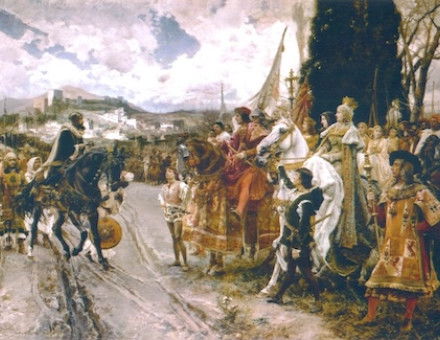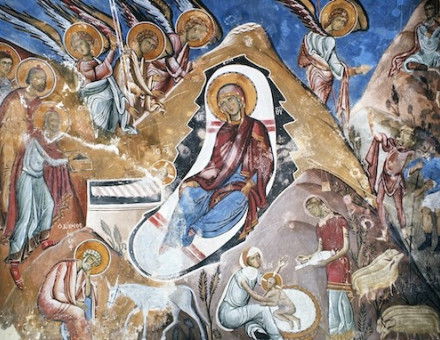Walt Whitman's Different Lights
Robert Martin places the great American radical writer in the philosophical and sexual context of his time.

'I am as radical now as ever', Walt Whitman (1819-92) told his friend, the author Horace Traubel at the end of his life. A few months later he remarked to Traubel that 'there wouldn't be much wealth left in private hands – that is, if my say was final'. But Whitman's radicalism was individualistic; as he put it, he did not 'belong to any school'. In Whitman's earlier life he had been more willing to affirm party affiliations. In 1848 he had been a Brooklyn delegate to the Free-Soil convention, the anti-slavery coalition that split the Democrat Party, calling for unconditional backing for ex-President Martin Van Buren, and editing the new Free-Soil paper, The Freeman. He gave up the venture after the paper's office burned down, and after he had come to recognise the role of compromise in politics.





